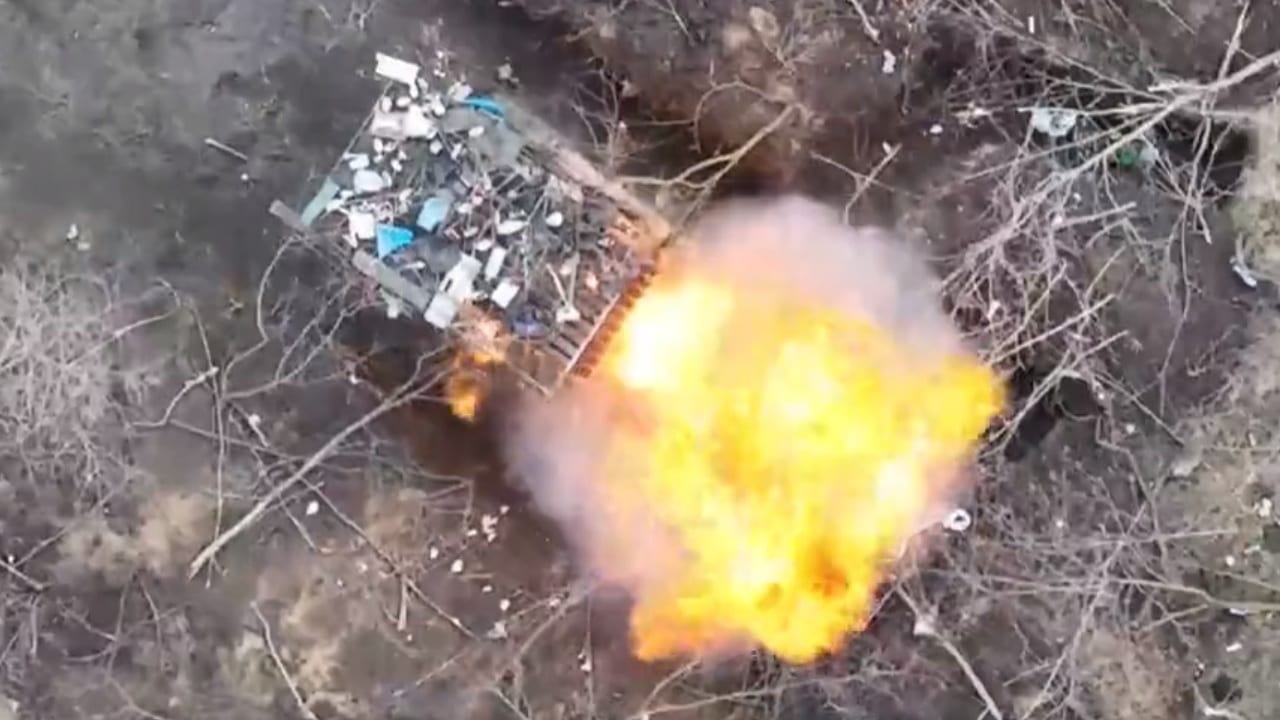After the Kremlin eventually admitted that Russian forces had fled parts of Bakhmut over the last week, Ukraine claimed on Tuesday, May 16, to have reclaimed 20 square kilometers of territory from Russian forces in the hard-fought-for city.
Ukraine’s Deputy Defence Minister Hanna Maliar revealed in a statement on Telegram that despite Ukrainian gains, Russian forces were also making some advances in the city and that intense fighting continues.
“The enemy is advancing somewhat in Bakhmut itself, completely destroying the city with artillery. In addition, the enemy is raising units of professional paratroopers,” Maliar wrote.
“Heavy battles continue with different results. In the current situation, our troops are doing their best and even more,” adding that Russian forces still have more troops and more weapons.
The claim is backed by reports from analysts at the Institute for the Study of War, who said last week that Ukrainian forces appear to have liberated over 16 square kilometers in Bakhmut
Samuel Ramani, an associate fellow at the Royal United Services Institute for Defence and Security Studies, noted on Tuesday that Ukraine’s flank counteroffensive in northern and southern Bakhmut is now “reaping dividends,” with Russian regular forces fleeing and Wagner fighters concentrating on frontal assaults in central Bakhmut.
“The situation could get worse for Russia as in-fighting grows,” Ramani said.
Russian Troops Are Abandoning Bakhmut
Speaking to The Times, a Ukrainian officer said that Russian soldiers who replaced retreating Wagner fighters in Bakhmut are beginning to abandon their positions as Ukraine makes significant gains in the city.
The Ukrainian military official, who goes by “Zulu” and leads the intelligence unit of the 228th Battalion, said that Ukrainian efforts in Bakhmut have been aided by Russian troops failing to succeed where Wagner failed.
“As soon as Wagner left and the regular Russian troops stepped in, they abandoned their positions,” the Ukrainian official said. “The Wagner fighters would hold positions until the very end.”
The officer theorized that Russian soldiers were less committed to breaking through in Bakhmut than Wagner fighters who were recruited from prisons.
“Many of them were prisoners, right? So they knew it was either fight or go back to prison,” he said.
Zulu said that Russian soldiers have “no motivation” and don’t understand why Russian military leaders sent troops to the city in the first place.
“As soon as they are afraid, they just run,” Zulu said.
MORE: The War in Ukraine Is About to Explode
MORE: Does Putin Have Cancer?
Jack Buckby is 19FortyFive’s Breaking News Editor. He is a British author, counter-extremism researcher, and journalist based in New York. Reporting on the U.K., Europe, and the U.S., he works to analyze and understand left-wing and right-wing radicalization, and reports on Western governments’ approaches to the pressing issues of today. His books and research papers explore these themes and propose pragmatic solutions to our increasingly polarized society.

